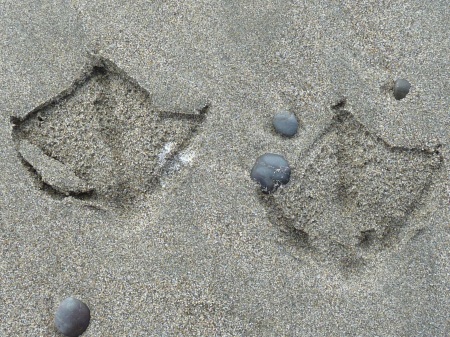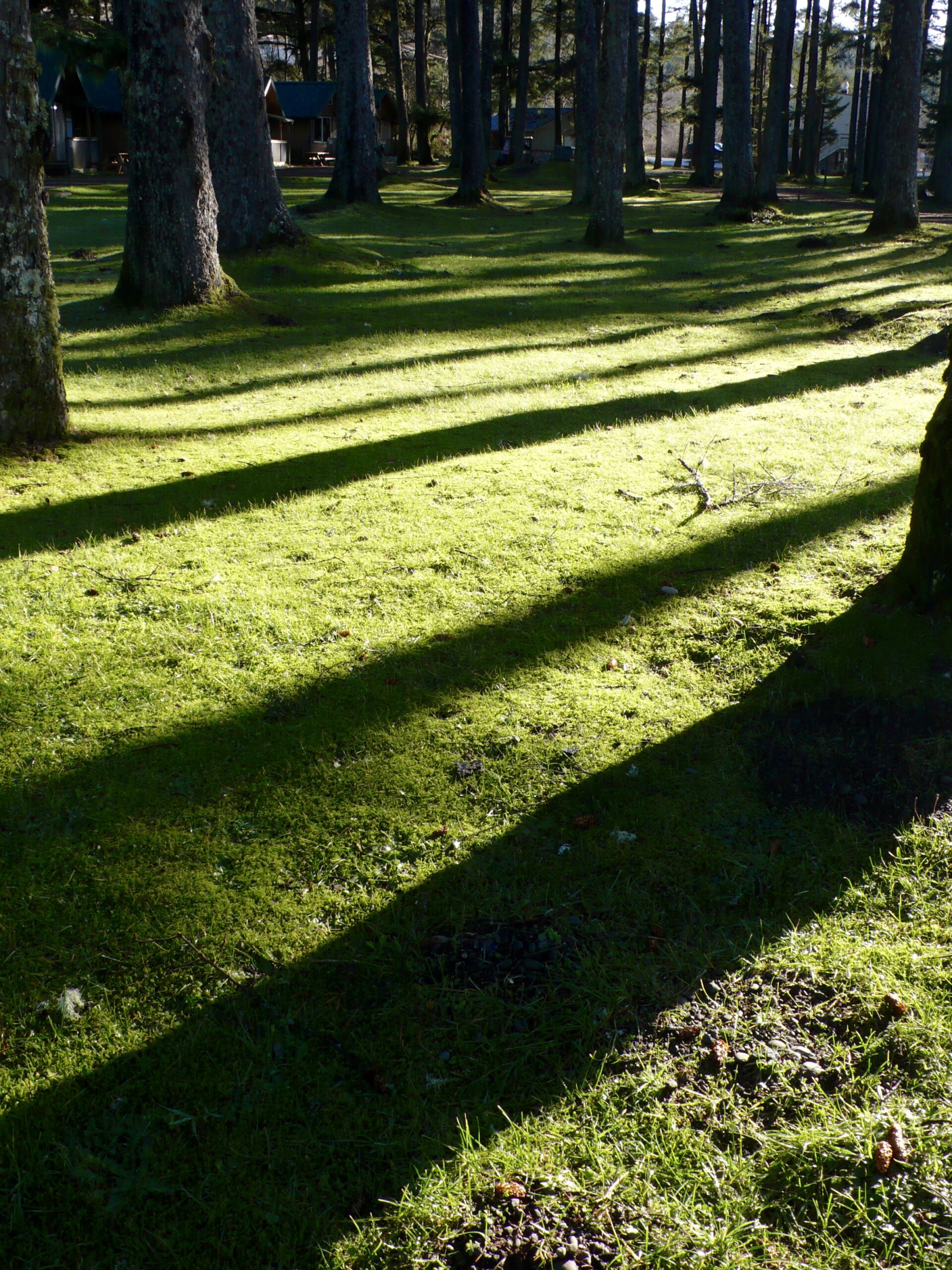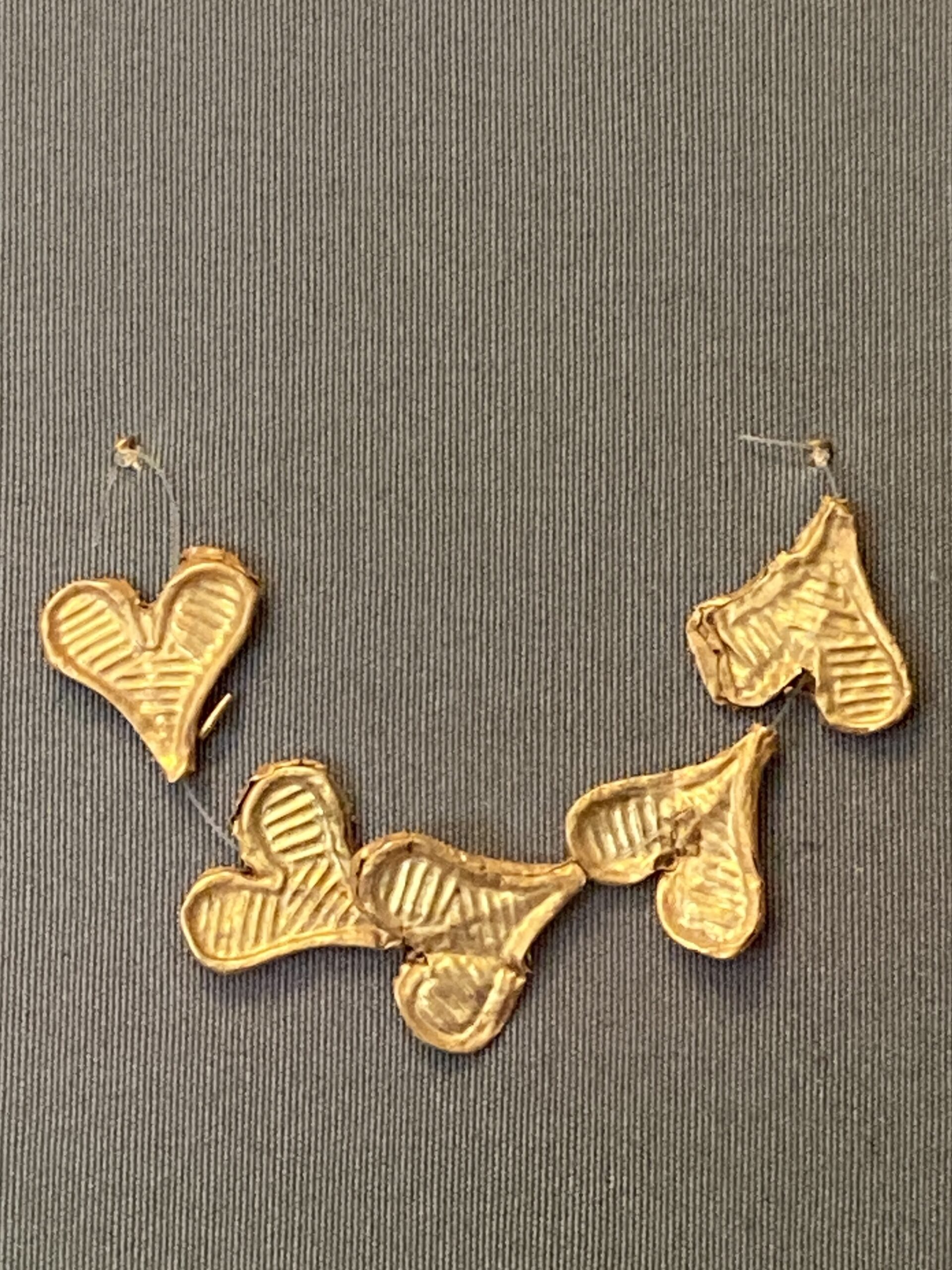“Fran, thanks for nothing.”
That’s what Ali said to me just after my yoga class ended at Seattle Athletic Club. I looked at his beaming smile and I knew I had heard him correctly. Even though he said this with humor, he was also dead serious. I burst out laughing and took it as one of the greatest of compliments!
If you live in Seattle chances are you just might know Ali. He owns the Cherry Street Coffee Shops and seems to know everyone. And if you don’t know him, look for an opportunity to meet him. He will delight you with his sufi wisdom, bright spirit, and love of life! Ali often quotes Sufi poets from his country of origin, Iran, so in keeping with the idea of “nothingness”, I was pleased to find this quote from Rumi:
We come spinning out of nothingness
scattering stars like dust.
In that quote, I see the Whirling Dervish, in a trance-like dance, spinning. The spinning represents the earth revolving on its own axis while orbiting the sun. By spinning, the Whirling Dervish becomes empty of all negative thoughts and enters a place of spiritual ecstasy and beauty.
Though we don’t spin in yoga, we are practicing movements and mindfulness that allow us to let go, to put aside the old ways of thinking, the old reactions and opinions that no longer serve us, and we move into a new space where there is nothing and where everything is possible. Like the Whirling Dervish, we empty ourselves of negative thoughts and enter the sacred space of pure awareness and goodness.
In the English language, the word “nothing” is loaded with negative meaning. It could mean something of no importance or concern such as “Oh, forget it! It’s nothing.” However, the word “nothing” can also be loaded with rich positive meaning. It could mean the initial starting point which leads toward the internal quiet realm of nothing. In this context, “Thanks for nothing” becomes a powerful statement because nothingness is a perfect space in which to witness the eternal “now”, the ever present moment, the breath, a place to experience “being”.
The aim of yoga is to reach nothing or nothingness. To experience nothingness could sound like a waste of time, but instead it is an art form. To experience nothing is to melt away stress and thereby, improve one’s health and life. The thinking mind can relax and one can be at ease with the intensive process of self-discovery. To go to the place of nothing is to witness and celebrate the simplicity of breath, our very precious life line.
In yoga, we have the word Shunya which translates to zero, stillness, beginning-ness. Shunya could also translate to nothing. Of course, I have been thinking about all this ever since Ali said so sincerely, “Fran, thanks for nothing.” And then on Wednesday in class at Yogalife, while I had the class in shavasana, I picked up one of the books that was underneath the stereo in the studio, and just happened to open up to a page with the following quote by Henri Frederic Amiel:
Almost everything comes from nothing.
Merci, Monsieur Amiel! That quote put it all together for me. I read it to the class while they were in shavasana and spoke of th idea the of nothingness as being something quite simple and quite grand all at once.
And thank you, Ali, for nothing!







This is why i love the two of you. One post has puyallup fair fun followed by a post appreciating and mulling over no-thing.
with the vast and infinite love coming out of nothing-ness, we love you kay! fran and rick
The fact that there’s something in nothing is really something! How could we possibly know anything about what there is if we can’t imagine what there might not be. What a boon our existence! Let’s never forget nothing!
speak to me of atoms
and molecules and yet
beneath these feet….
*
to see in this shell
the universe but alas
see only a hat
Rick